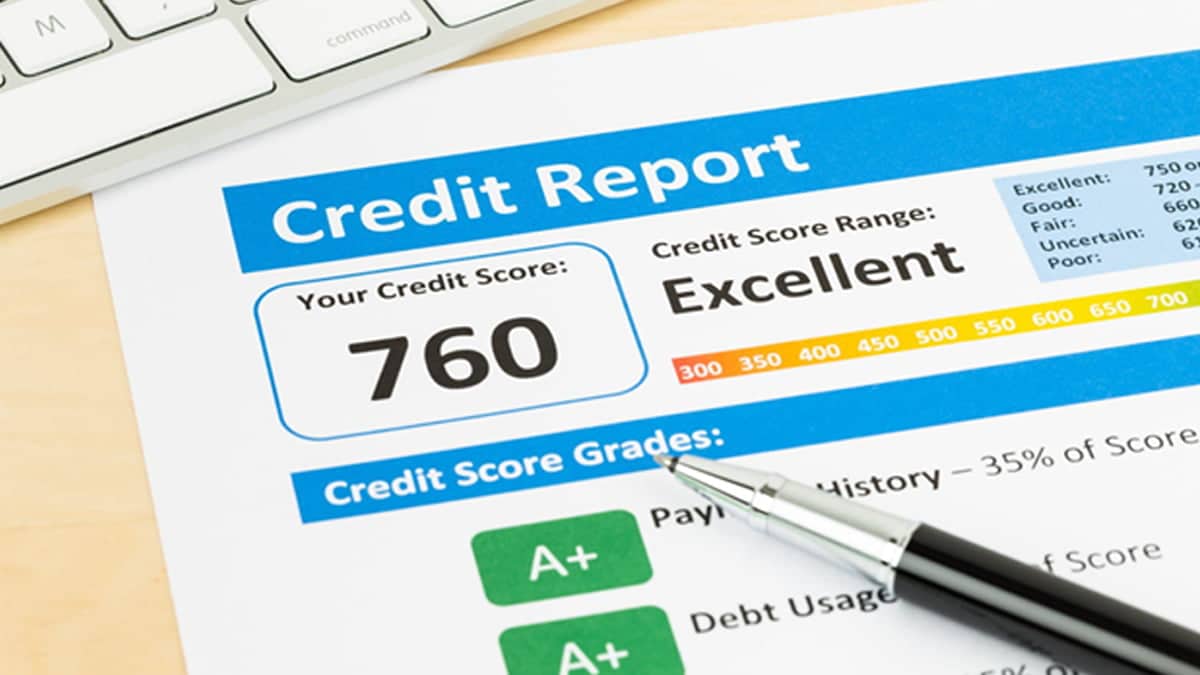How Often Does Your Credit Score Update – Everything You Should Understand
Important Note: When you buy through our links, we may earn a commission. As an Amazon Associate we earn from qualifying purchases. Content, pricing, offers and availability are subject to change at any time - more info.
If you are diligently trying to pay down your outstanding debt and keep on top of your bills, you may not be seeing much movement on your credit report. Maintaining or building a good credit score, even with missed payment history or personal loan, is hard, especially when credit inquiry can damage a good credit score. Frustrated by not seeing your efforts rewarded, you silently wonder how often does your credit score update?
Advertisement
The answer to this question is that there is no formula to it.
But Why?
Credit reports are updated once lenders give recent information to a national credit reporting agency. Generally, it happens once a month or after 45 days. Some institutions may update more frequently, as well.
For example, if you were to pay off a credit card. The balance on the credit report may not reflect this immediately. If you check your TransUnion (for example) credit report, you may view a line which states, “Date Updated”. This informs you of the last date the information was given to TransUnion updating the account.
Updates given by lenders do not all occur on the same day. Therefore, new information can be added quite frequently and at different intervals. All three national credit reporting agencies will provide you with a credit report from annualcreditreport.com. This will give you access to daily reports, when your score refreshes, and when there are changes made. It allows you to track your credit history, credit score, and account changes. It will also alert to fraudulent attempts made regarding identity theft. These are cards that show up on your report that aren’t in your name, have a different address, or on cards that you don’t recall opening.
Advertisement
When Will My Credit Score be Updated?
While the credit score often isn’t included in free weekly reports, knowing what information is contained can be a valuable resource. Once information is received by the credit bureau, it is immediately added to the report.
When information is added and updated, the score may change after time as well. Making consistent payments and maintaining low balances will help you keep your credit at a good/improving level. Your credit will eventually improve. So, don’t be discouraged if you don’t see a change happen immediately. It does take time- in both reporting and changing. If you stay on track, you will see an improvement.
How Frequently Does the Credit Score Change?
Individuals have more than one credit score since there are three bureaus. These credit reports are constantly changing because your credit is always aging, and that credit activity is constantly being reported.
What Happens if I Do Nothing? Will my Score Change?
If you keep doing what you’ve always done- not applied for new accounts or credit – your score could change as the accounts age. Negative impacts from late payments on your credit score lessen after time. Having an account for longer periods has a positive effect on the credit score.
Does a Lender Have to Report to Every Credit Bureau?
Normally, lenders report to all three bureaus. However, they aren’t required to. Some may report to one or two, while others don’t report changes at all.
You can ask lenders which one they report to, or you can receive reports from all three credit bureaus.
Advertisement
What Do I Have to Do For Rapid Rescoring (to Qualify for a Mortgage or Loan)?
Rapid rescoring is used when you are trying to rectify your credit score quickly so that you qualify for a mortgage or when your credit score is close to being acceptable, but not at your lender’s level.
If you have made positive credit choices recently, it may not be reflected in your report. In this case, lenders can ask for the information to be added to the report so that the credit history appears to be more favorable. This will allow you to qualify quicker if you need to.
The result is the credit score can be updated within a few days as opposed to the next reporting cycle. However, please know that this cannot be done on your own. The lender needs to request a rapid rescoring on your behalf. This often involves a fee. It also doesn’t fix prior errors or allow negative information to completely disappear.
What Do I Need to Know?
The most obvious statement is how to increase your credit score. Credit scores are increased when bills are paid on time and credit is eliminated or paid down. There are nuances to this, however, which most people don’t realize.
Many people just want to eliminate debt- all debt. They end up taking measures to pay everything off, and once they have accomplished this task, they end up losing all their credit cards with a “never again” attitude.
While this is admirable, it is only beneficial if you never plan on needing credit ever. Paying everything off and closing out accounts hurts your credit score. Lenders need to see that you have a credit history because it tells them you can pay your debts – that you have a proven track record that you will.
Without a history, all the lender knows is that you are living within your own means, or someone is helping you out. It doesn’t tell them whether you can or will repay a loan. There is no history of your character.
Advertisement
You can choose to close out some accounts, but before doing so, consult with a financial advisor to see if this is a good idea. Closing accounts negatively affects your credit score for the reasons cited above. At least one credit card should be kept open to provide a good history if you need a loan or to use credit.
Emergencies happen, and sometimes we need money in a hurry. It’s great to say you will never need credit, but sometimes life happens. It’s best to have a “just in case” rather than no backup plan.
Additionally, each time a hard inquiry is made- when the lender checks your credit score prior to approval- your credit score may drop.
Credit scores are updated once the lenders provide their recent information to the nationwide credit bureau. Some update more frequently than others, and some are slower. When they will appear varies according to their cycle. You may not notice immediate changes. However, if you stay on track, changes will happen.
On average, credit scores are updated every month as lenders report changes.





 Please Support Me on Ko-fi
Please Support Me on Ko-fi